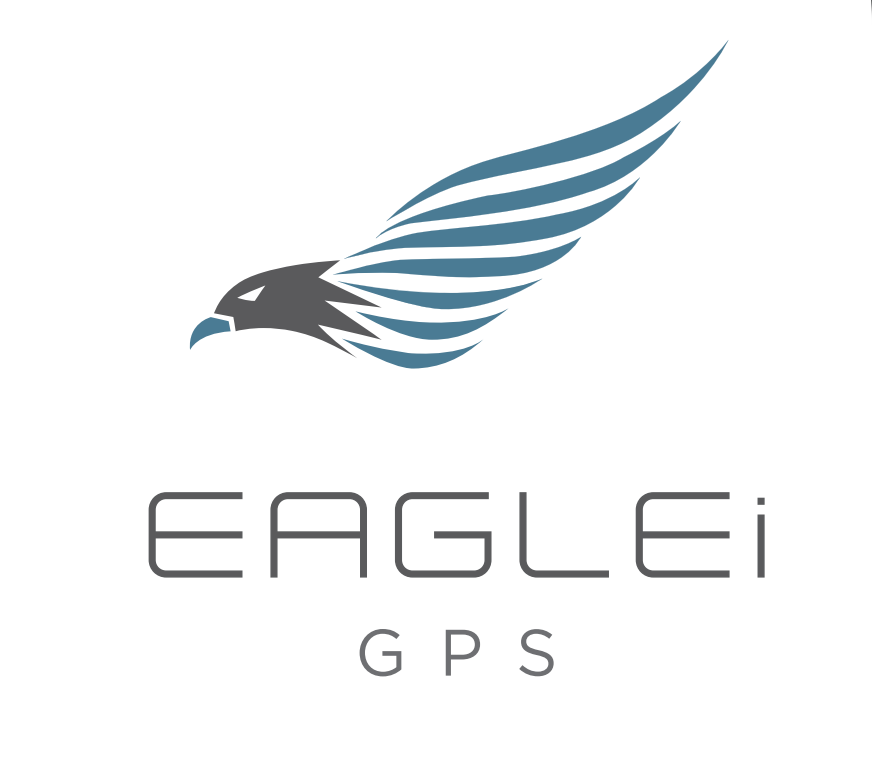10 Ways GPS Fleet Tracking Optimizes Businesses
In today’s fast-paced world, businesses that rely on vehicle fleets are constantly seeking methods to enhance efficiency, reduce costs, and deliver superior customer service. GPS fleet tracking technology emerges as a pivotal solution, offering a multitude of benefits that can significantly optimize business operations. Here, we explore 10 ways through which GPS fleet tracking can revolutionize your business, supported by real statistics and insights from reputable sources.
- Enhanced Fuel Efficiency
GPS fleet tracking systems provide real-time data on vehicle usage, allowing for the analysis and improvement of fuel consumption. The North American Council for Freight Efficiency (NACFE) highlights fleets that adopted fuel efficiency technologies saved significantly on fuel costs, demonstrating the impact of GPS technology on fuel savings. Reference: https://nacfe.org/research/affs/#fuel-economy-overview. - Improved Driver Safety
Monitoring driver behavior through GPS tracking can lead to safer driving practices. Research shows that the implementation of driver monitoring systems can enhance road safety by providing feedback to drivers on unsafe behaviors, thus potentially reducing accident rates. - Optimized Route Planning
Efficient route planning is vital for timely deliveries and service. GPS tracking enables businesses to determine the most efficient routes, avoiding traffic delays and shortening travel times. ATRI’s research on congestion demonstrates how improving infrastructure can lead to substantial fuel savings and environmental benefits by reducing congestion-related delays. Reference: https://www.ttnews.com/articles/improving-infrastructure-can-cut-fuel-costs-aid-environment-atri-study-finds. - Reduced Operational Costs
By leveraging GPS tracking, businesses can closely monitor vehicle usage and maintenance needs, leading to a reduction in operational costs. The American Transportation Research Institute (ATRI) notes that fuel costs are a significant part of operational expenses, and managing these can lead to substantial savings. Reference: https://www.fleetowner.com/operations/article/21186361/fleet-costs-rise-213-with-fuel-the-leading-expense-atri-reports. - Increased Customer Satisfaction
Real-time tracking information allows businesses to provide customers with accurate delivery times, improving service reliability. This level of transparency and efficiency can significantly boost customer satisfaction levels. - Theft Prevention and Recovery
GPS tracking systems can act as a deterrent for vehicle theft and assist in the quick recovery of stolen assets. The detailed location data provided by GPS tracking increases the chances of recovering stolen vehicles, thus enhancing asset security. - Compliance with Regulations
For businesses in regulated industries, GPS tracking helps ensure compliance with governmental regulations regarding driving hours, vehicle usage, and maintenance schedules. Accurate tracking and reporting facilitated by GPS technology can help avoid penalties for non-compliance. - Better Asset Utilization
With GPS tracking, businesses can improve the utilization of their vehicles, ensuring that each asset is used in the most efficient manner possible. This optimization leads to better return on investment for fleet assets. - Data-Driven Decision Making
The wealth of data provided by GPS tracking systems supports informed decision-making across various aspects of business operations. Analytics derived from GPS data can reveal insights into areas for improvement, enabling businesses to make strategic adjustments. - Enhanced Environmental Responsibility
By optimizing routes and reducing idle times, GPS fleet tracking contributes to lower carbon emissions, aligning business practices with environmental sustainability goals. Research by the American Transportation Research Institute (ATRI) has shown how addressing infrastructure issues can lead to reductions in fuel consumption and emissions, demonstrating the environmental benefits of efficient fleet operations. Reference: https://www.ttnews.com/articles/improving-infrastructure-can-cut-fuel-costs-aid-environment-atri-study-finds.
In conclusion, GPS fleet tracking offers a comprehensive array of benefits that can significantly enhance business operations, from improving fuel efficiency and safety to increasing customer satisfaction and ensuring regulatory compliance. By adopting GPS fleet tracking technology, businesses can leverage real-time data and analytics to make informed decisions, optimize their operations, and achieve sustainable growth.
For businesses looking to stay competitive in the dynamic market landscape, the adoption of GPS fleet tracking technology is not just an option but a necessity. With the potential totransform various aspects of business operations, the return on investment in GPS fleet tracking is clear, making it an essential tool for modern businesses aiming for efficiency, safety, and customer satisfaction.





